China has closed the trial of the second arbitrarily detained Canadian, while once again denying consular access to the hearing, a move that an expert says is a violation of a consular agreement.
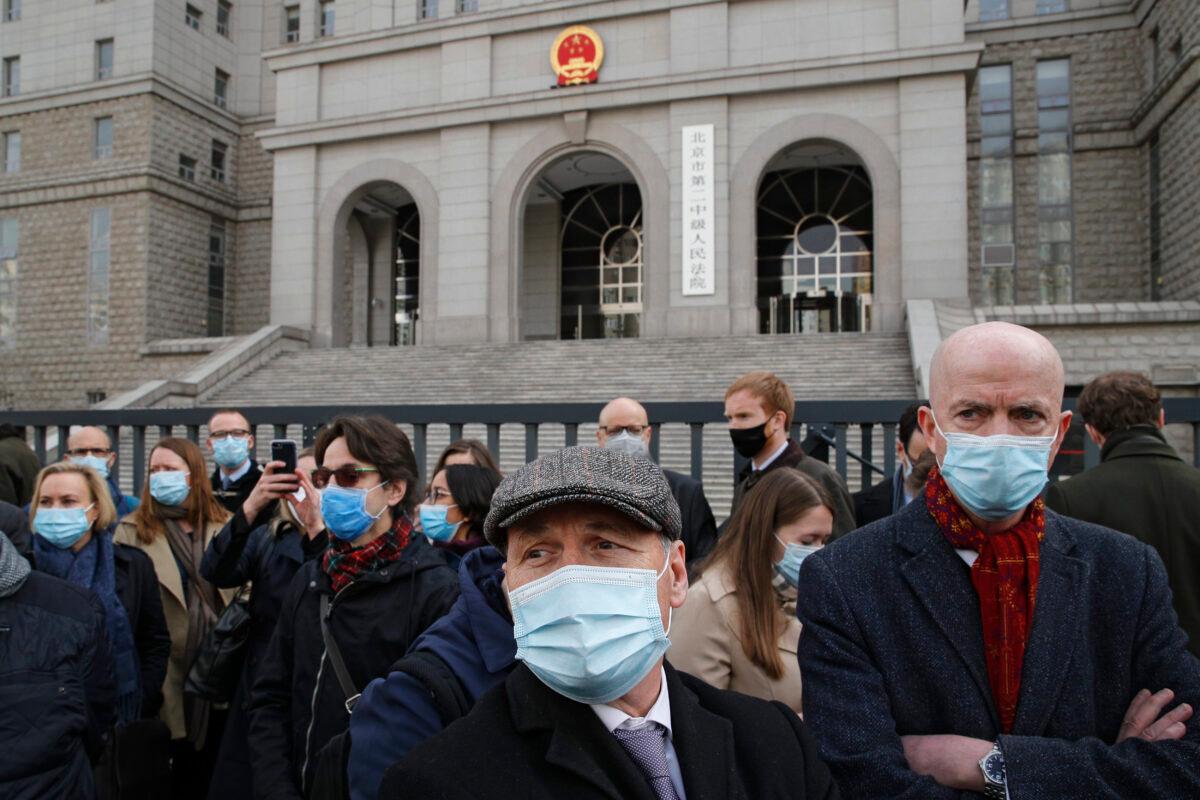
Clarke supported his argument, quoting the Consular Agreement Article 8 (5), which states, “A consular officer shall be permitted to attend the trial or other legal proceedings.”
Clarke also cited Article 8 (7) of the Consular Agreement, which states: “A consular officer shall comply with the law of the receiving State in performing the functions provided for in this Article. Nevertheless, the application of the law of the receiving State shall not restrict the implementation of the rights provided for in this Article.”
“It’s extremely important to understand that to say that Art. 8(5) doesn’t apply because there are state secrets involved is like saying it doesn’t apply because it’s Tuesday,” Clarke wrote. “There is simply no exception there, and Art. 8(7) makes it clear that China can’t cite its own law as a justification for restricting the rights under Art. 8(5).”
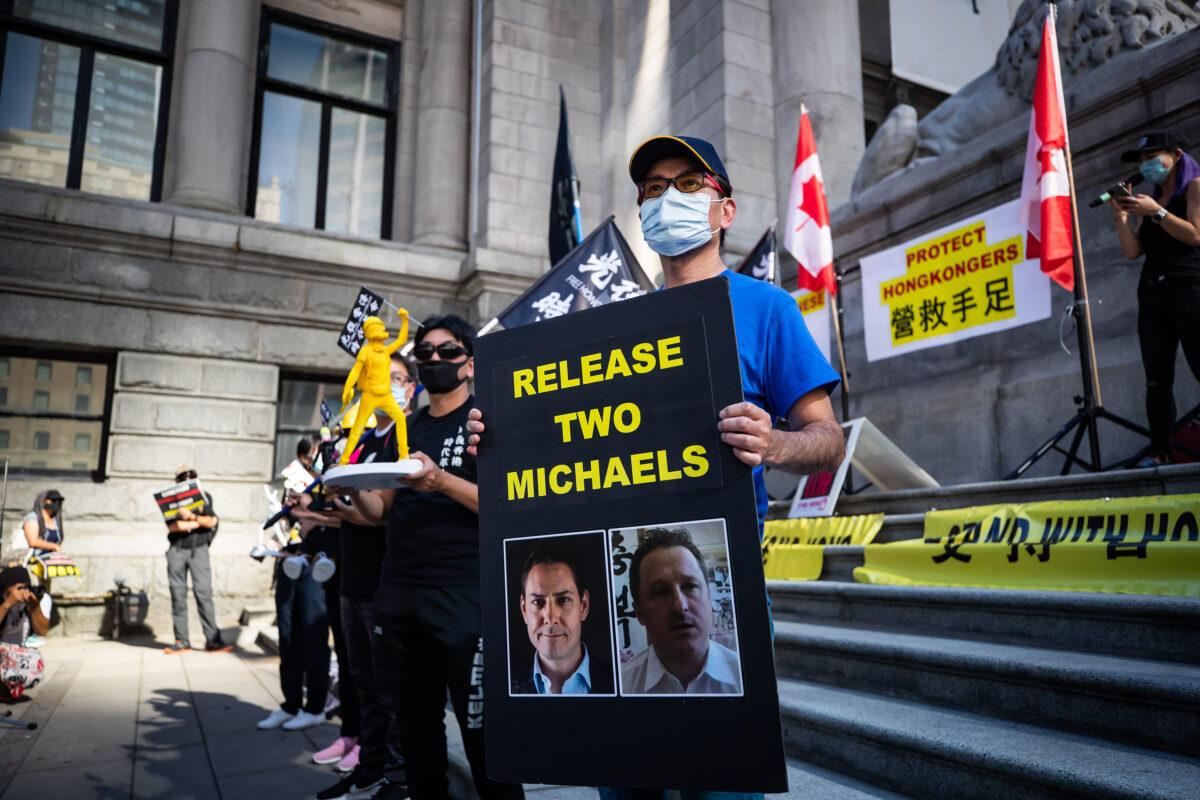
Kovrig and Spavor have been in custody since December 2018, shortly after Canada arrested Huawei Chief Financial Officer Meng Wanzhou at the behest of the U.S. government.
U.S. officials want Meng extradited on charges of bank fraud and conspiracy, saying Meng and her company allegedly lied to multiple financial institutions, including HSBC, in an effort to evade American sanctions against Iran.
China has repeatedly denied wrongdoing in its treatment of Kovrig and Spavor, despite allegations that their detention was a hostile retaliation for Meng’s arrest.
In a statement released on March 22, Canadian Foreign Affairs Minister Marc Garneau also condemned the lack of transparency in the Chinese court hearing process for Spavor and Kovrig.
Clarke noted that China has “successfully tried this same trick” in 2010, in the trial against Australian citizen Stern Hu.
In Hu’s case, rather than outright denial of the Australia-China Consular Agreement—which is similar to the Canada-China Agreement in the part of consular access—the Chinese Ministry of Foreign Affairs said at the time, according to Clarke: “Please don’t mix up the relationship between a country’s sovereignty, particularly its judicial sovereignty, and the Chinese-Australian Agreement on Consular Relations. The Chinese-Australian Agreement on Consular Relations must be premised on respect for China’s sovereignty and judicial sovereignty.”
“The Australians acquiesced to this clear breach without a fuss, or at least without any public fuss,” Clarke said. “I don’t see any reason for Canada to do the same.
“At this point, it seems a little late in the day to worry about hurting the feelings of the Chinese people.”
“China has already announced that it is not bound by any provisions of the Sino-British Joint Declaration on Hong Kong; now it is repeating through its actions its view that it is not bound by its consular agreements. I guess it’s not bound by any promises,” he said.
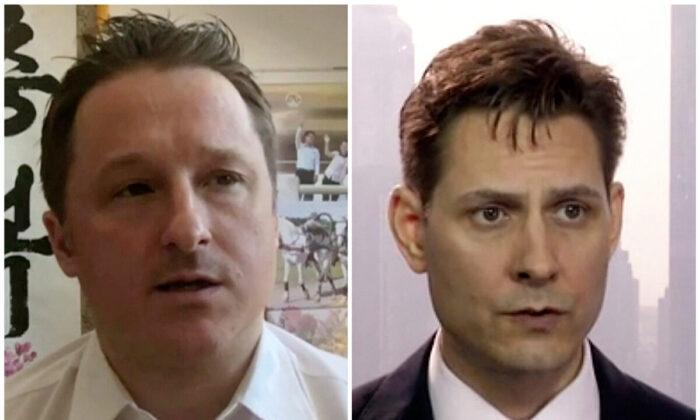

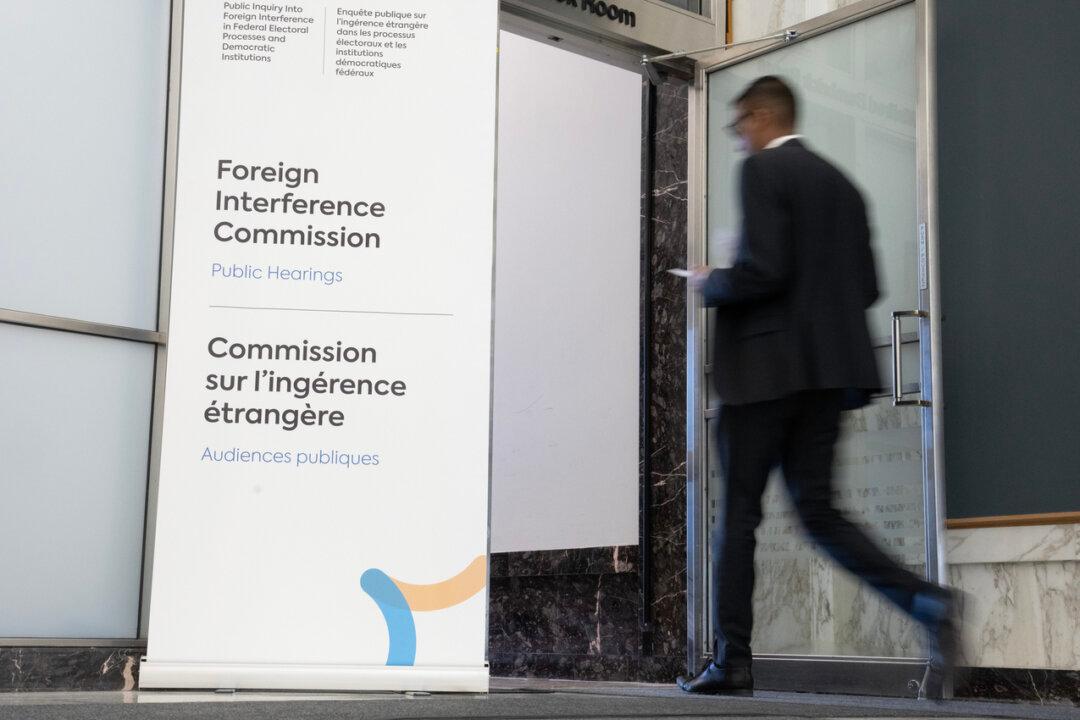
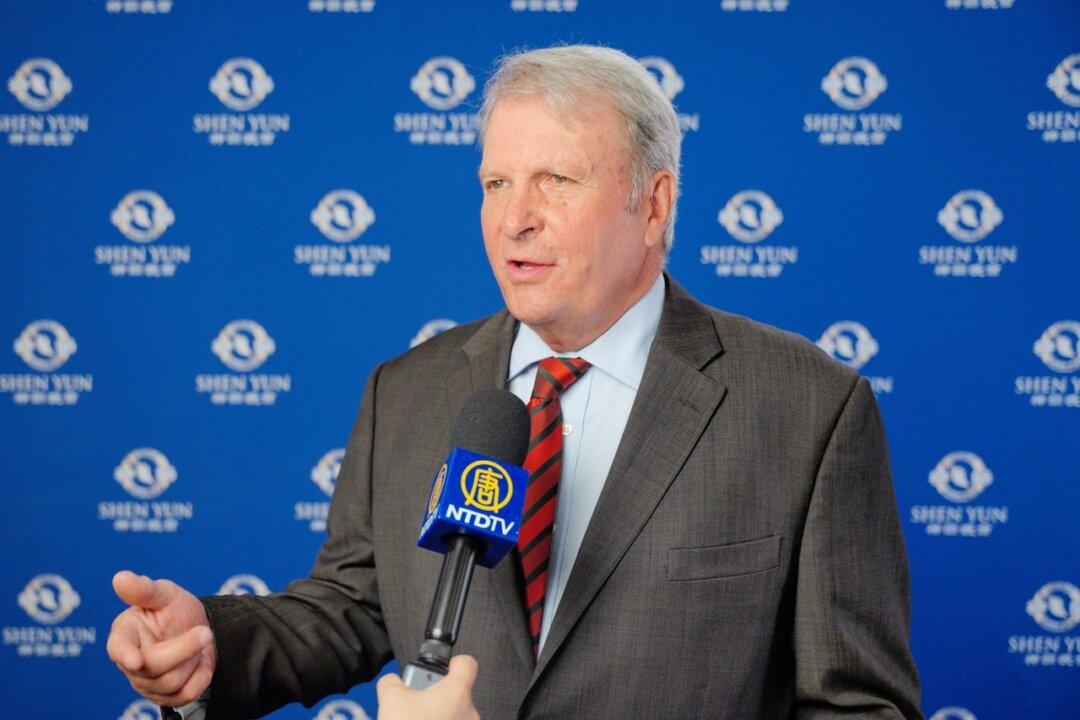
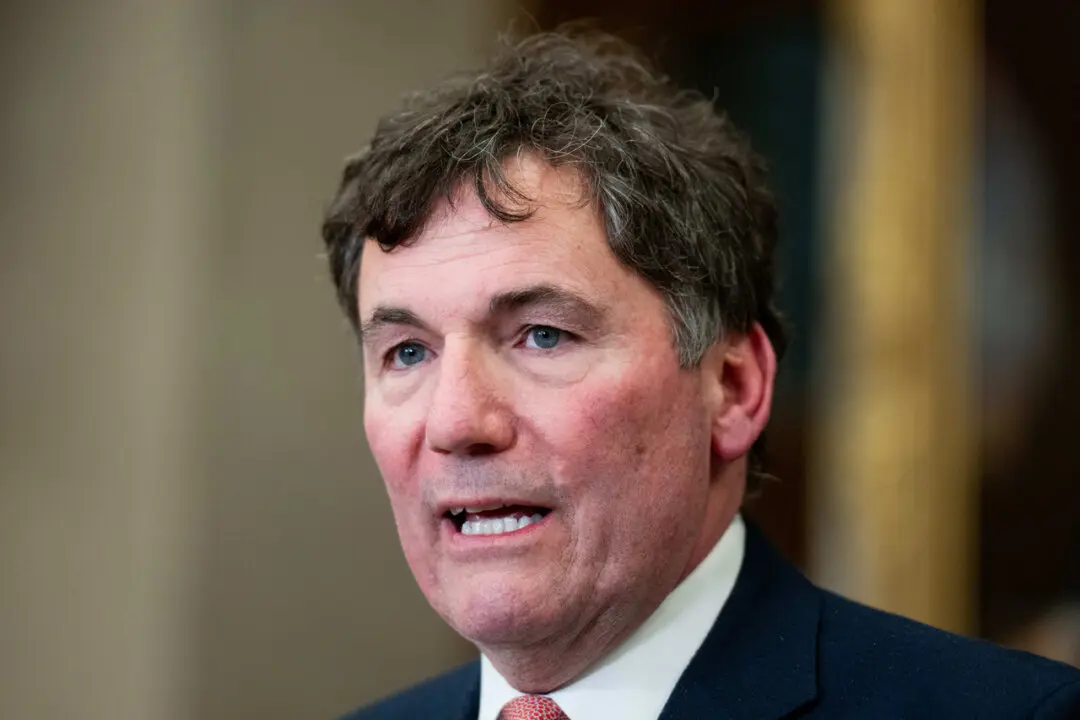
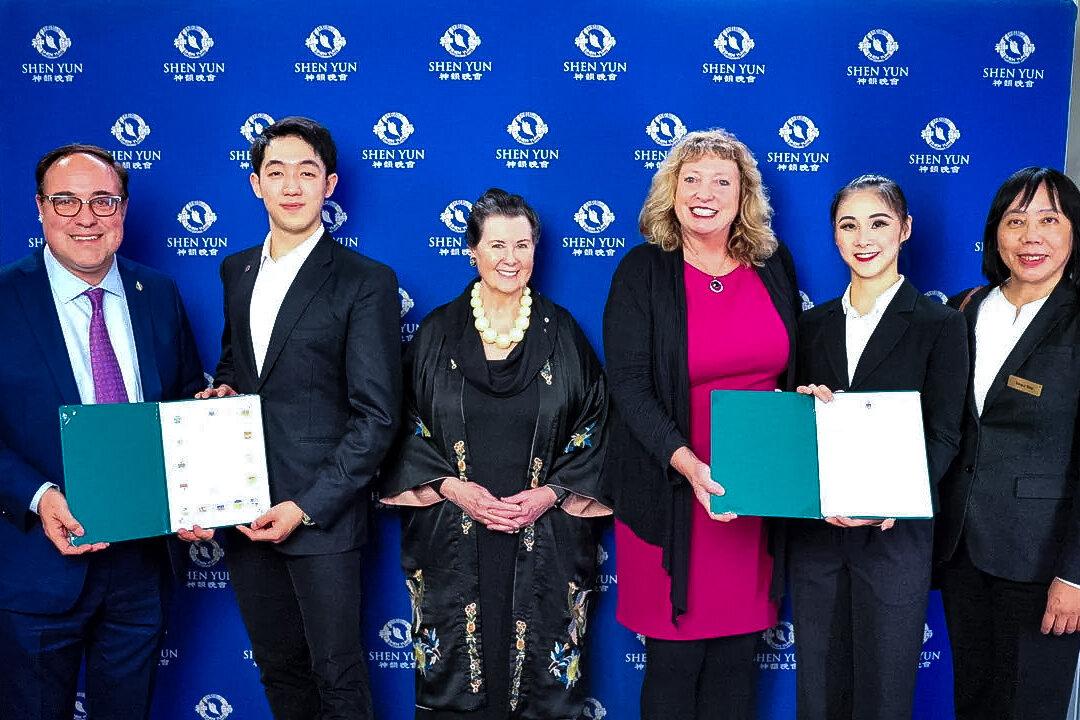
Friends Read Free